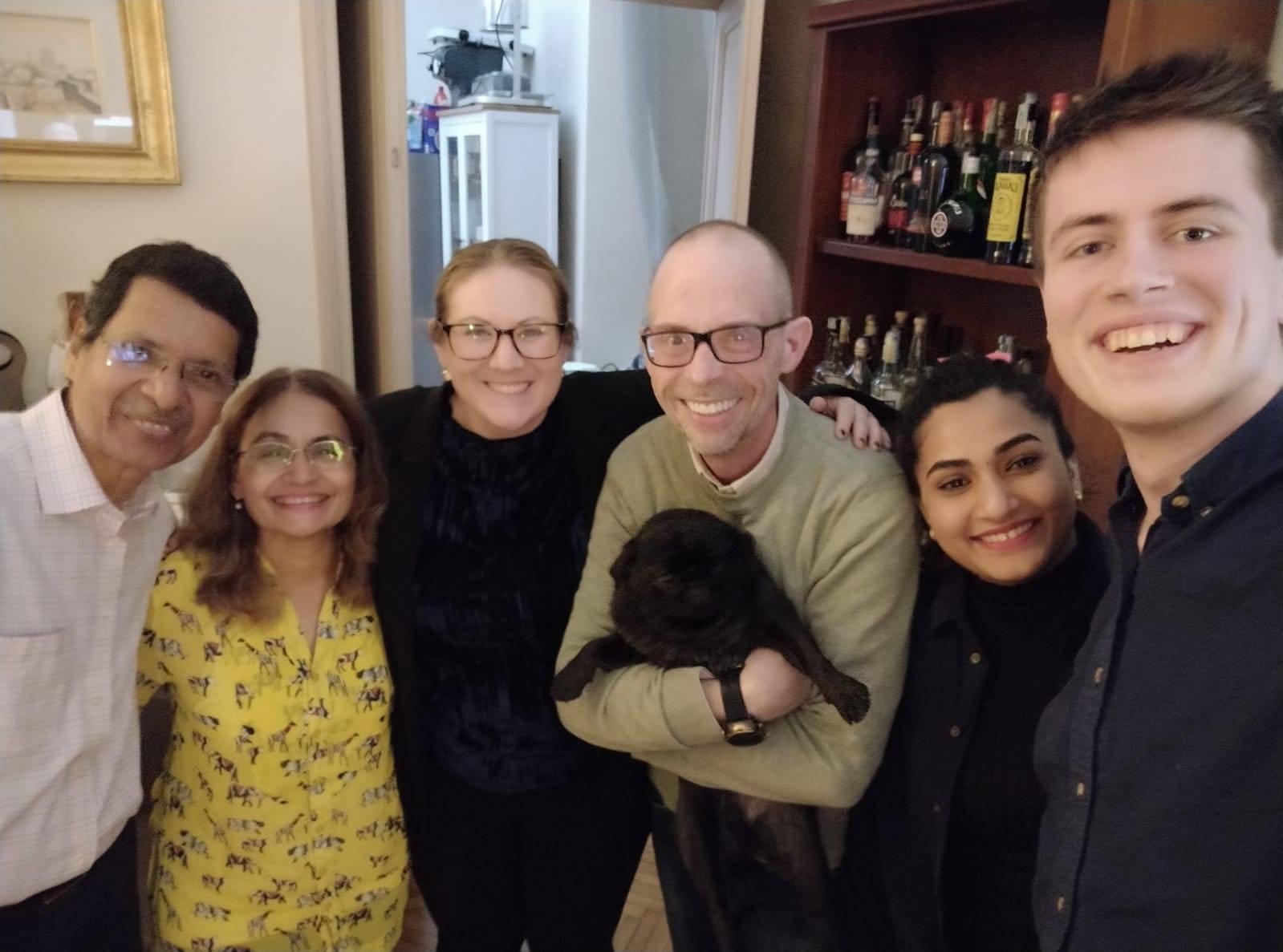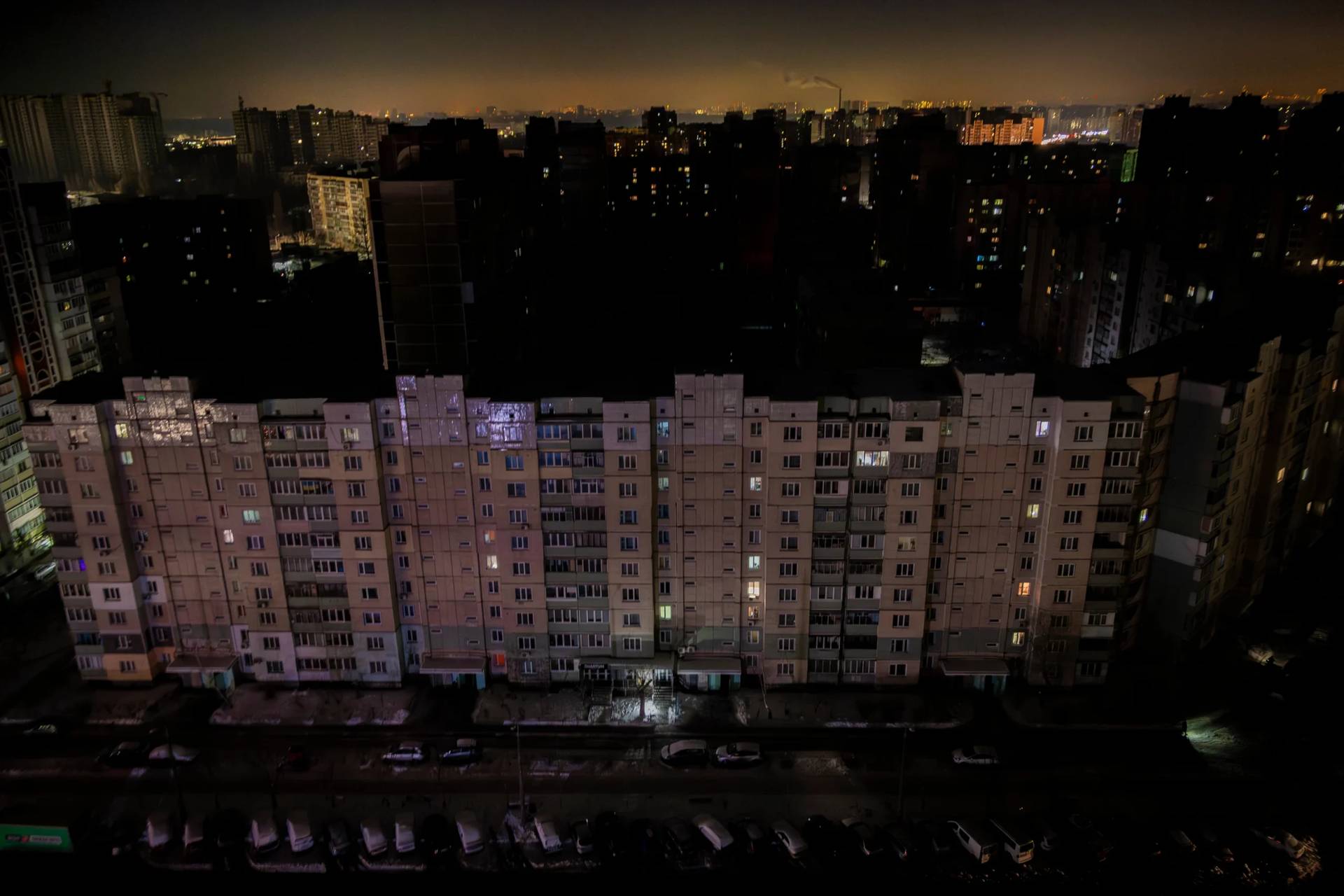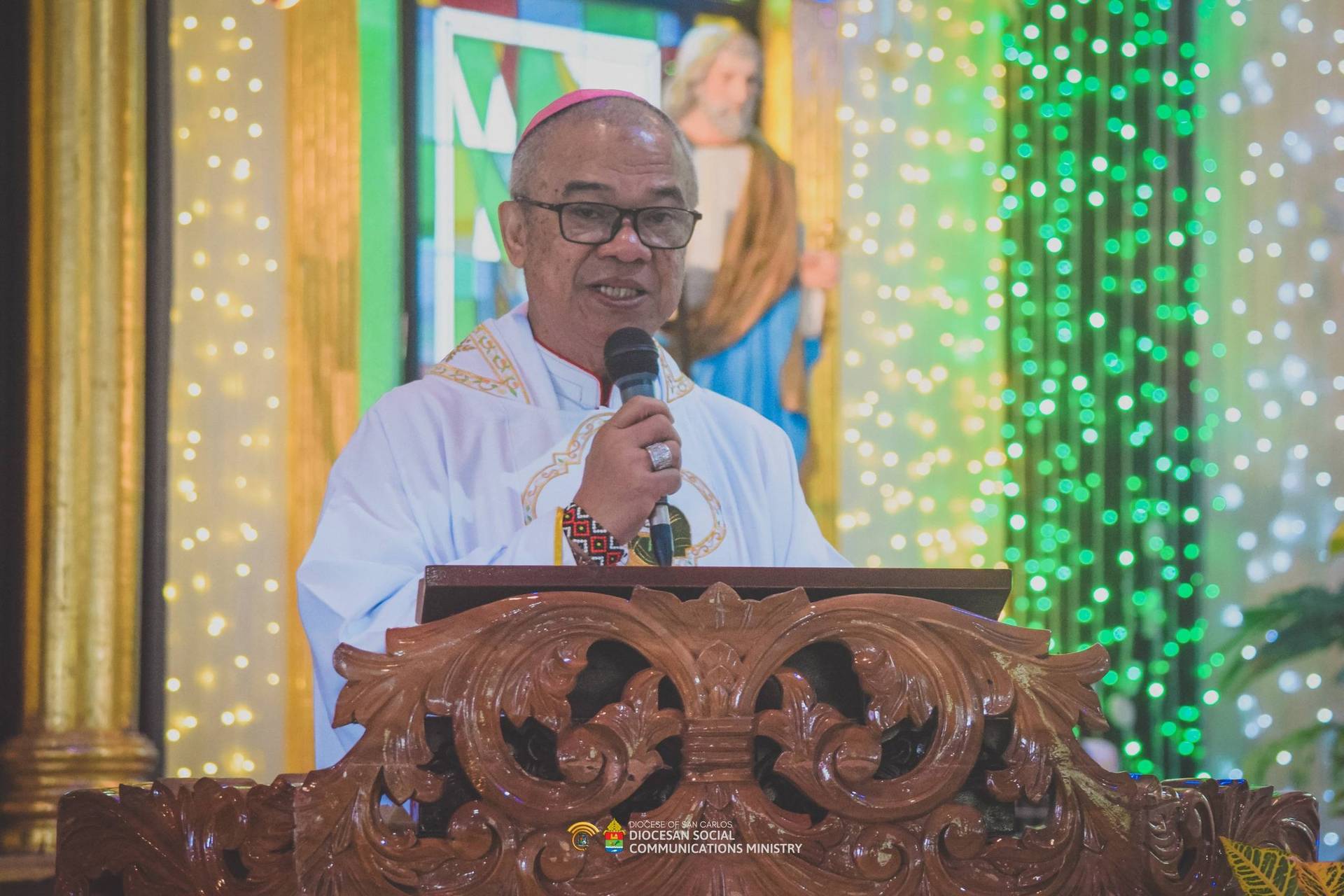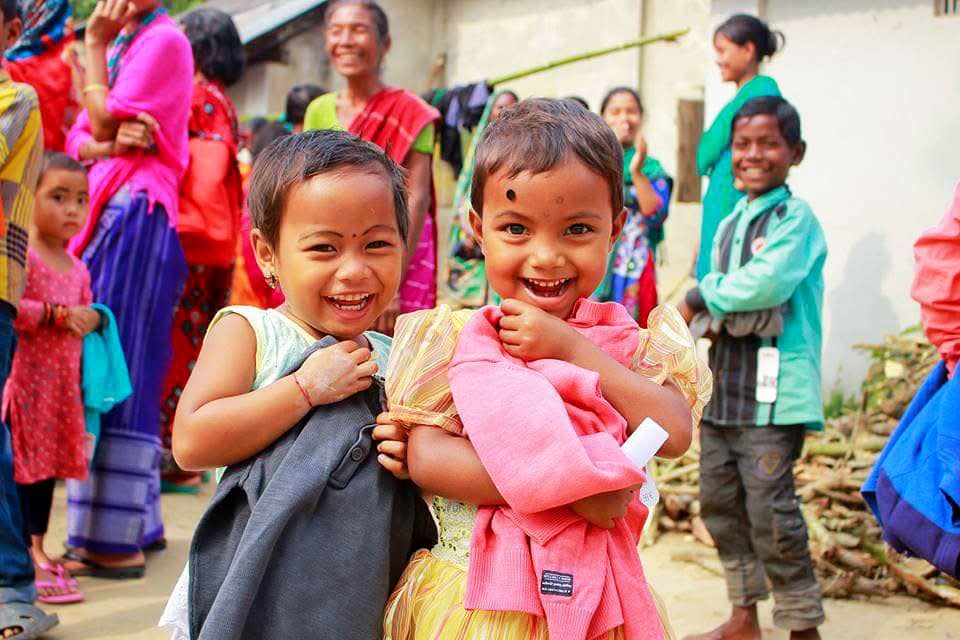MANNAR, Sri Lanka — Sriya lost her parents and sister in Sri Lanka’s civil war, but her eyes still reflect the trauma after 12 years.
The 18-year-old is among some 20 children looked after by the Salvatorian nuns at a village near Mannar, a war-devastated region, more than 165 miles north of Colombo, the national capital.
“We started our mission among the war-affected a few months after the end of war. Sriya was among the first five children,” explained Sister Ranjana Silvapulle, the current director of the Child Development Centre at Ilupaikulam village in Mannar. At the request of the nuns, the children’s real names were not used for this story.
The center, set up by the Salvatorian nuns in 2010, a year after the civil war ended, now cares for war orphans and victims of sexual exploitation.
Sri Lanka’s 1983-2009 civil war between Tamil and Sinhalese ethnic communities claimed around 100,000 people, mainly Tamils, according to the U.N. estimates. The official registry of the Sri Lankan government, however, puts the toll at 40,000. The final battle killed an estimated 40,000 civilians.
When Global Sisters Report visited the center this fall, Sriya, the eldest among the children, looked cheerful.
“Today is our Sister Akka’s birthday, and we did all these decorations to greet her,” Sriya said after singing “Happy Birthday” for Silvapulle, who turned 40. “Akka” in Tamil means “elder sister.”
Silvapulle recalls bringing Sriya to the convent as a 6-year-old frightened girl, who was referred to them by their parish priest.
“It took several years to bring her to a normal condition,” she said.
Silvapulle showed the dining room where the children were waiting for the festive lunch — a specially prepared seafood meal with crabs and lobsters. The nuns and the children ate together, amid much laughter and conversation.
Silvapulle, a psychologist, says every child in the center has experienced trauma.
“Some have lost their parents in the war, some are abused by elders, some sexually exploited and some rescued and referred by the government probation centers,” she said.
Joining the conversation, Sister Rajeswari Arokyanathan, who has worked with such children for several years, said, “What they needed was love and care more than a shelter and food.”
While the orphans suffered from a sense of loss and grief, the sexually exploited carried deeper trauma, Arokyanathan said. Many are sex abuse victims rescued from government rehabilitation camps. Arokyanathan told Global Sisters Report most children were forcibly shifted to the government camps as the situation in villages was not favorable even after the war.
Arokyanathan and three other nuns use various therapies, mental health programs and trauma counseling to help the children lead a normal life.
The Salvatorians run a similar home in Wattala near Colombo, the national capital. It was started after a tsunami hit the Sri Lankan coast in 2004 and left many children orphaned. Now, the center houses children from government probation centers, explained Sister Shiroma Kurumbalapitiya, the Sri Lankan provincial.
Many of the children told Global Sisters Report they are happy staying with the sisters.
They get up at 5 a.m., with yoga and meditation at 5:30. Common prayer is at 6, then they clean the house and compound for an hour. After breakfast, they leave for school by 8:30.
The school closes at 2 p.m. After lunch, the children have gardening, play games, watch TV, and do studies and prayer. All go to bed by 10 p.m.
Every child is given a specific duty. Rose Mary, 12, is in charge of the dog and cats at the center, and Savitha, 10, looks after the chickens. Each one is also allotted a portion of the garden and “we compete with each other in maintaining our area well,” Savitha said.
Silvapulle recalled Sriya giving them a tough time; she initially refused to go to school.
“We tried to get her educated, but she never wanted to go to school, or play,” said Silvapulle.
Sriya said she was frightened of sounds and people. “Whenever I go out, I get the feeling of being attacked,” she told Global Sisters Report.
The nuns sent her for vocational training and she started doing well.
“I feel safe living with the sisters, and singing and playing drums also help me,” she said.
The government rules stipulate that, after turning 18, teens should be reintegrated to society with jobs or handed over to their families.
“We don’t know where to send Sriya, but we are trying to get her a job and reintegrate her back to the community,” Arokyanathan said.
– – –
Scaria is a senior journalist based in India who has written for UCA News since 1991. He also writes for Matters India, a news portal that focuses on religious and social issues.
This story was originally published in Global Sisters Report, a project of National Catholic Reporter. The website is http://globalsistersreport.org.














